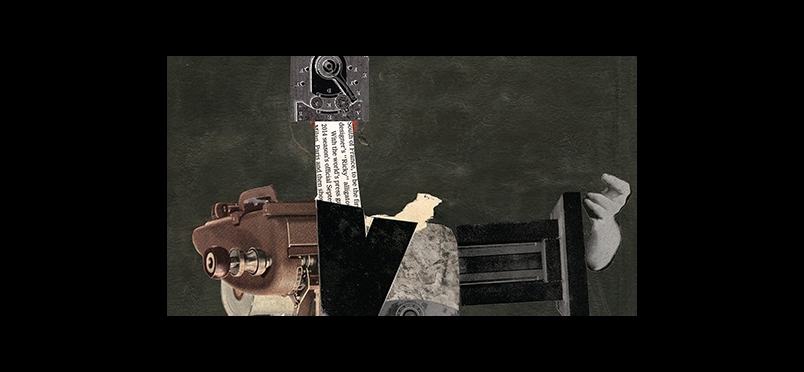The Racism Problem: On Both Sides of Healthcare

Underrepresented/Undertreated
“…ethnic minorities have historically been underrepresented in the profession of nurse anesthesia…” and “Black patients are undertreated for pain relative to White patients.”
This must change.
A survey from the American Nurses Association (ANA) National Commission to Address Racism in Nursing found that 63% of nurses personally experienced an act of racism in the workplace; 3 out of 4 witnessed racism in the workplace.
Monica Rose, PhD, CRNA, adjunct faculty at Wake Forest University School of Medicine, Nurse Anesthesia Program, and anesthesia independent contractor, stated, "Racial bias against Black patients has led to undertreatment of pain and pain syndromes. This additional layer of structural racism leads to health care disparities and inequalities. For example, comparing pain assessments of Black patients to a ‘control’ group could perpetuate some practitioners’ perception that Black people have ‘tougher’ skin and therefore require reduced analgesics. This stigma impacts patient care and is misaligned with the fundamentals of nursing practice. Clarifying these concepts is critical because if we can just change one person’s thoughts about racial bias and pain management, we will have made a difference. I also believe minority faculty experience unique challenges, such as being scrutinized more harshly by students when compared to White faculty and being denied tenured faculty positions despite evidence of being qualified. Historically, minority faculty are less likely to be recruited and retained when compared to other demographic groups.”
Read the press release.
Did you enjoy this article?
Subscribe to the PAINWeek Newsletter
and get our latest articles and more direct to your inbox

